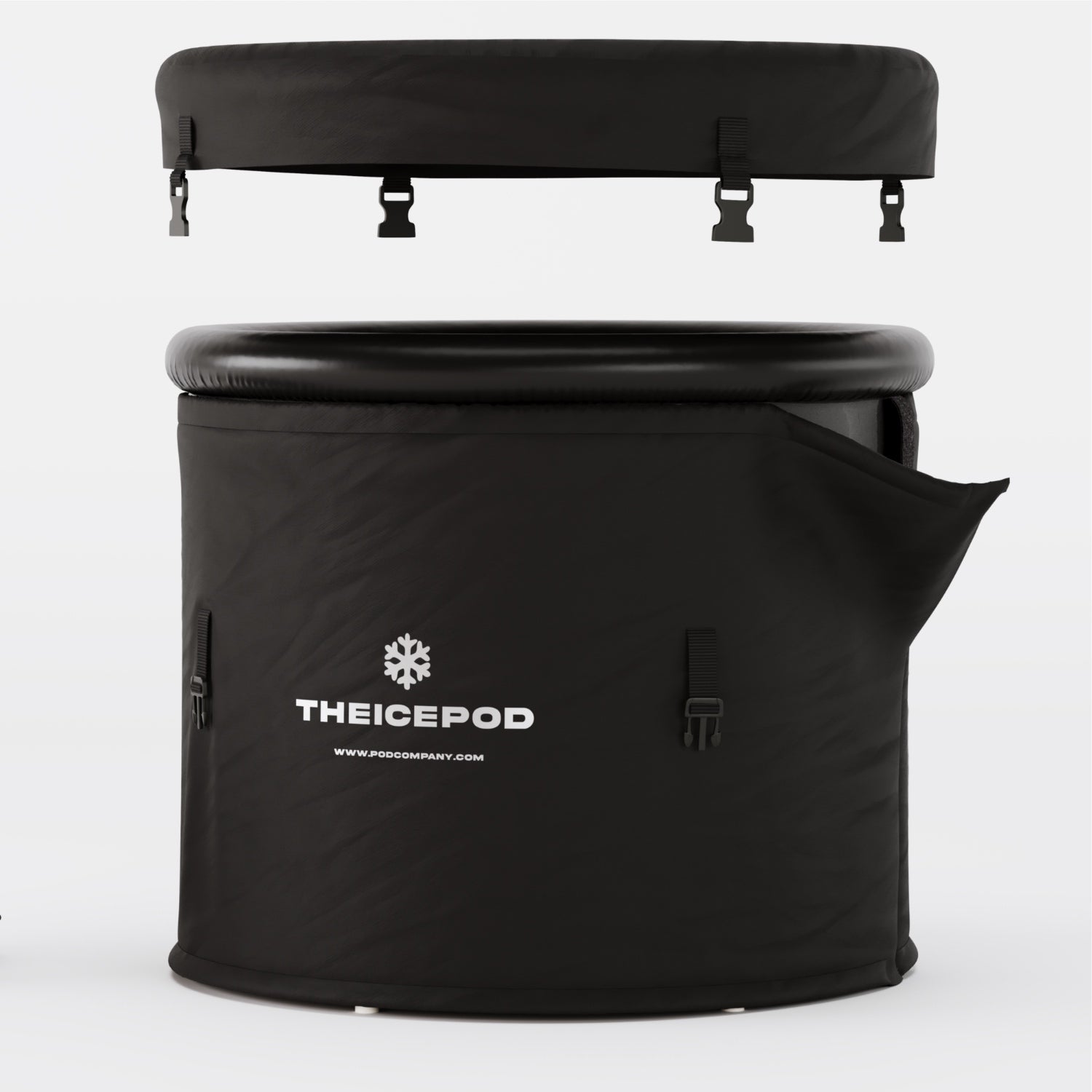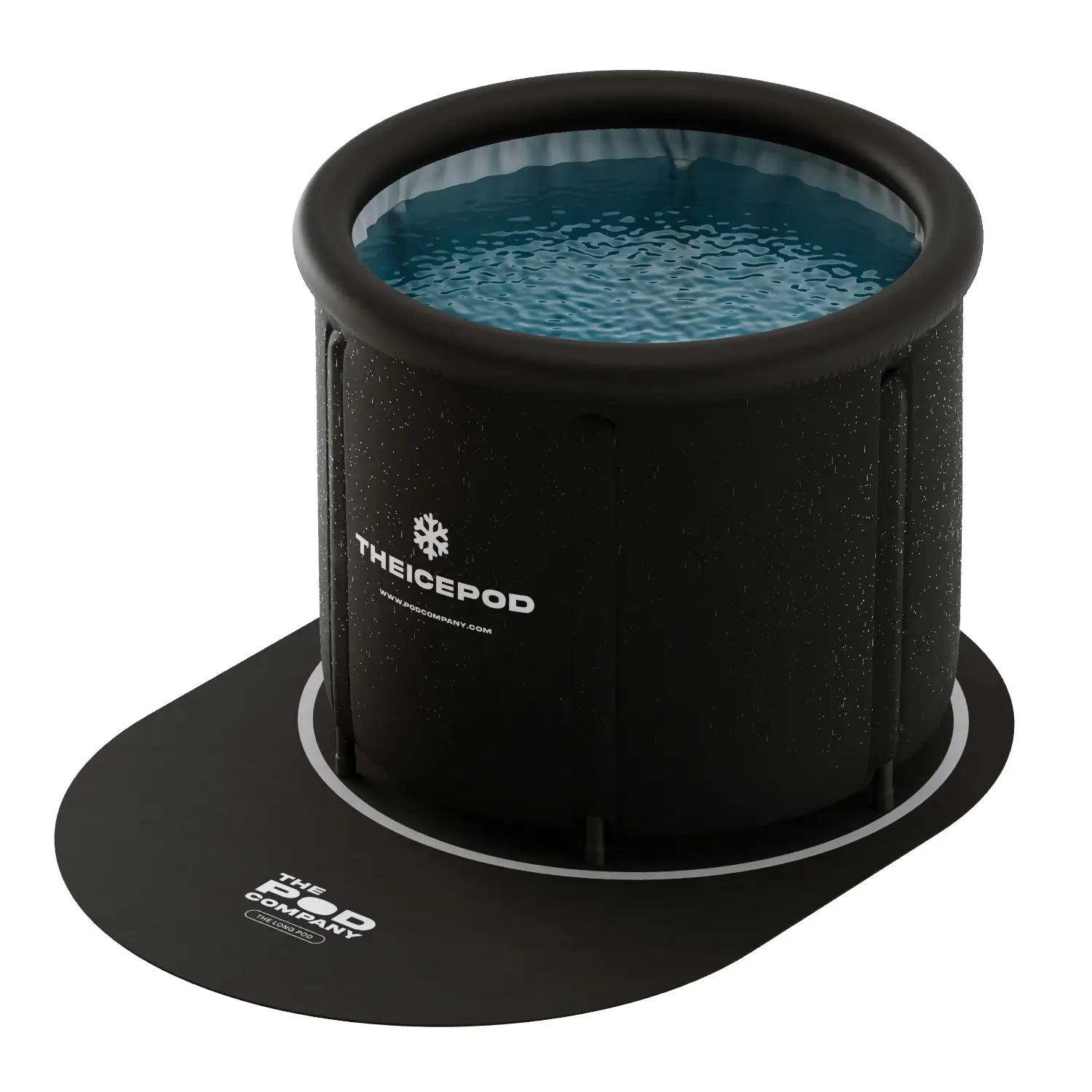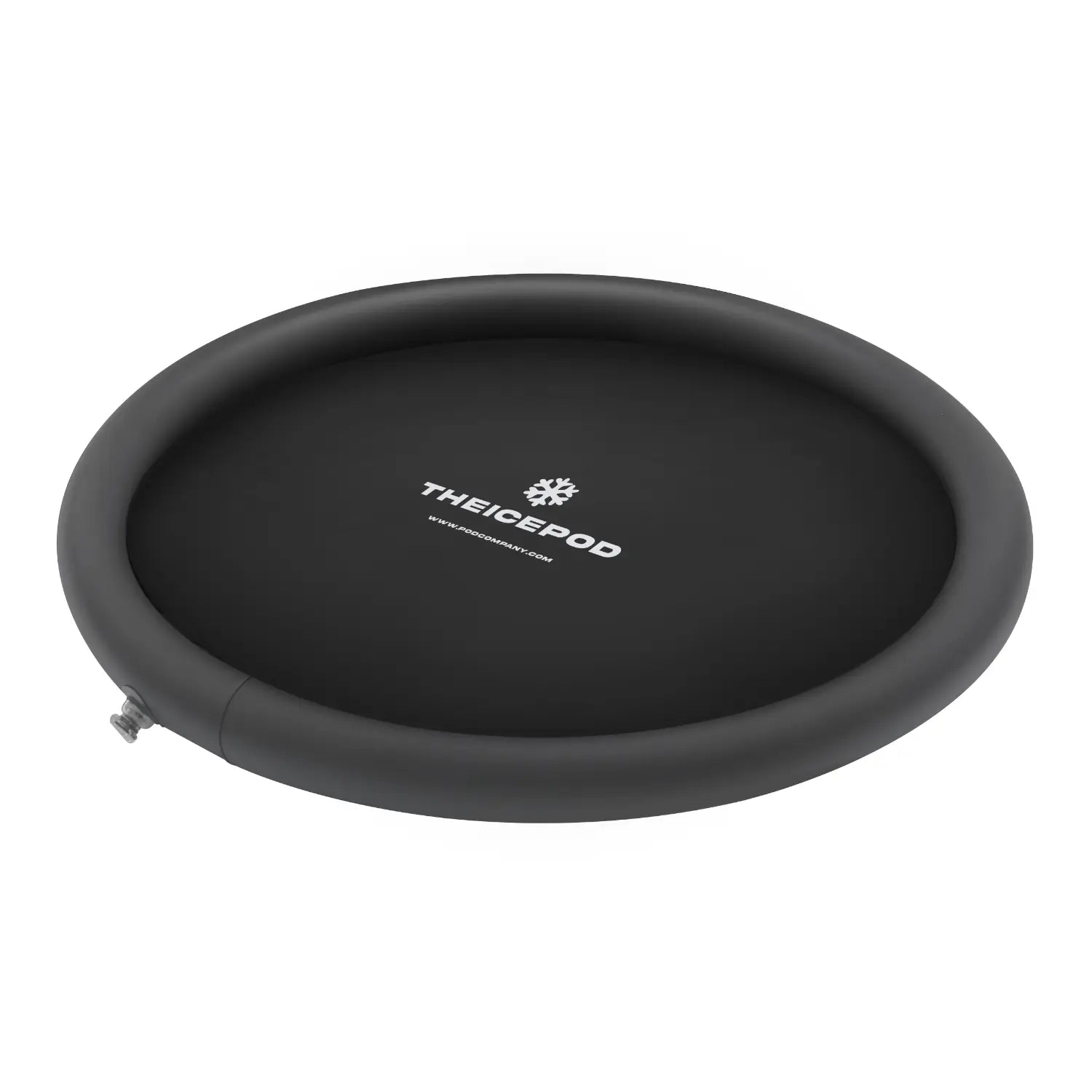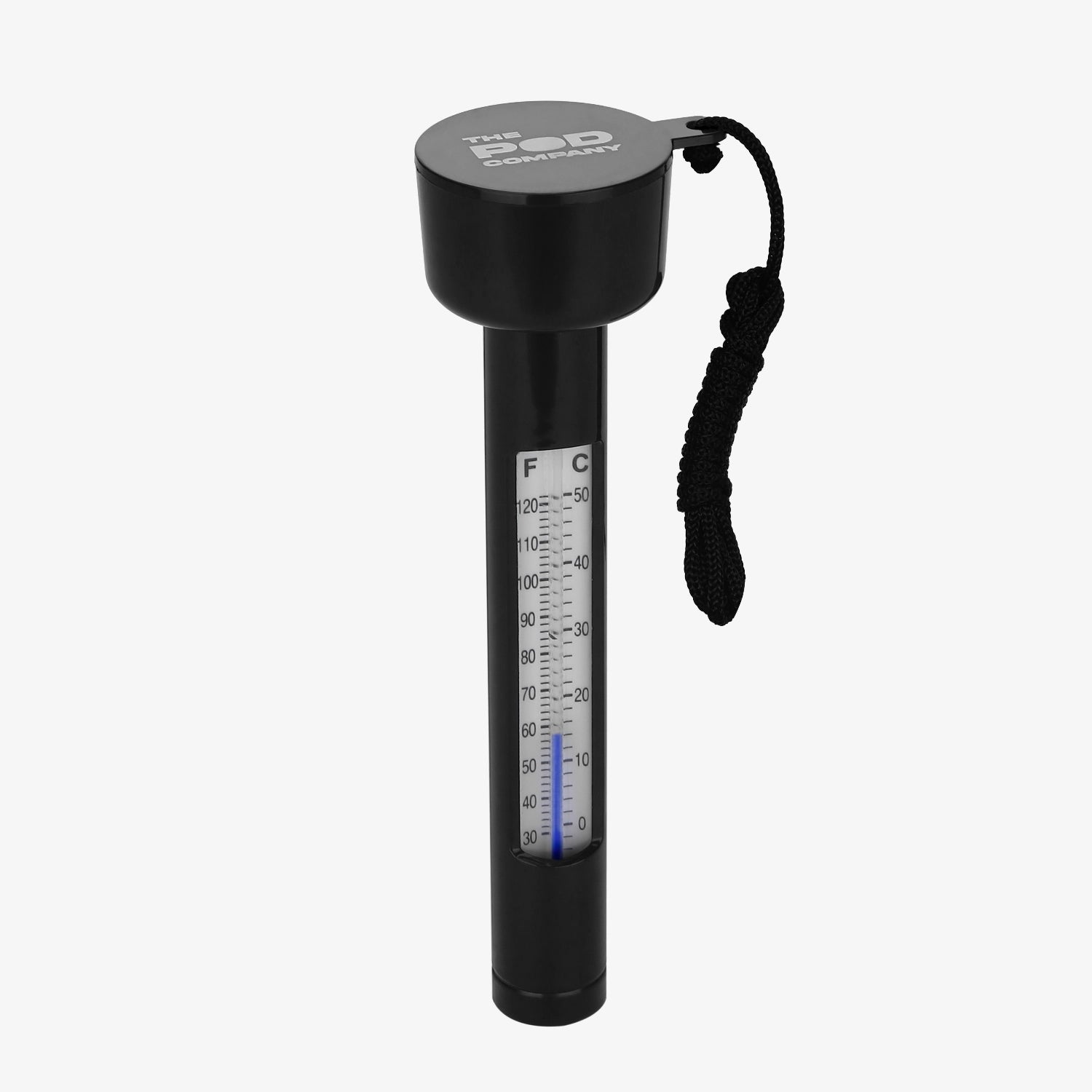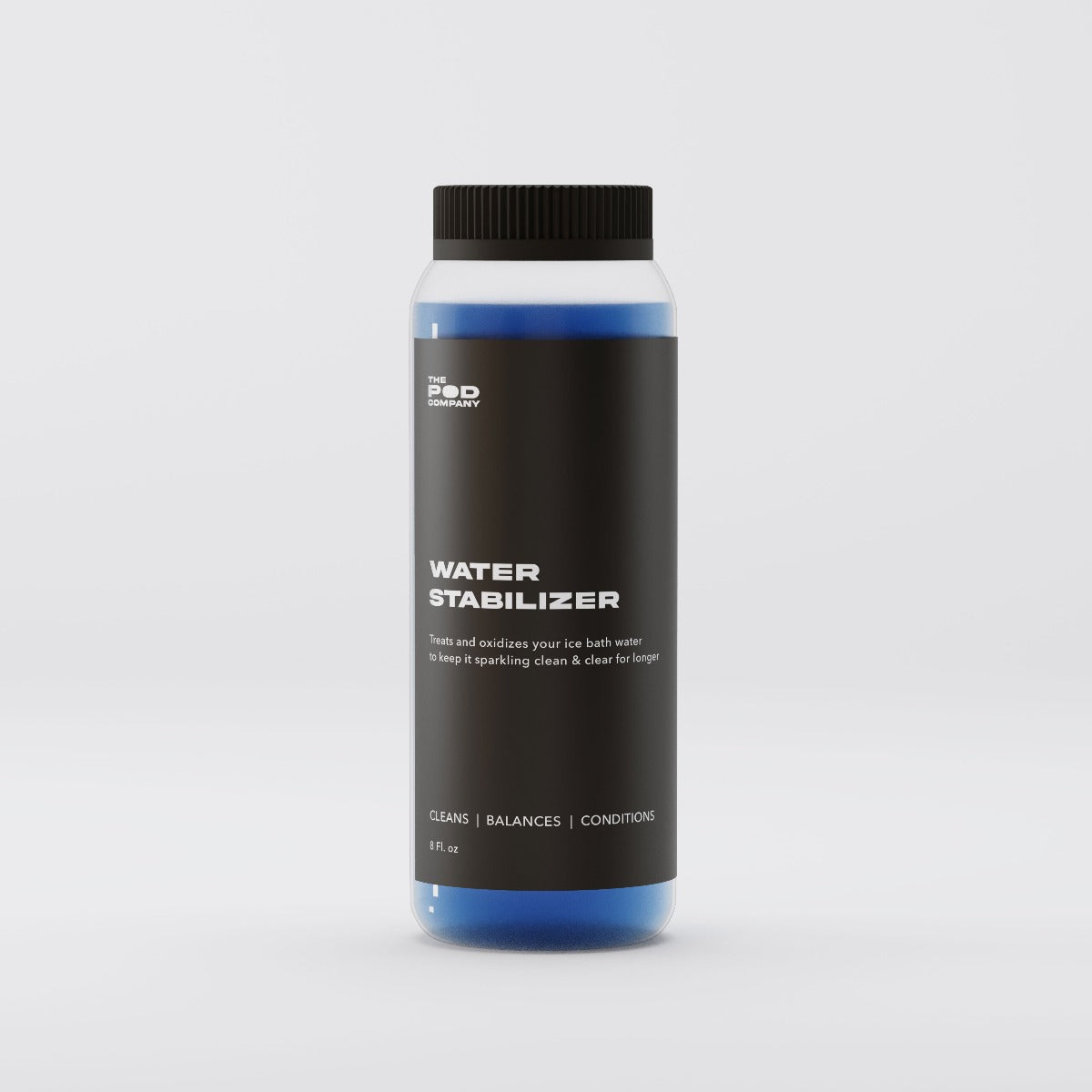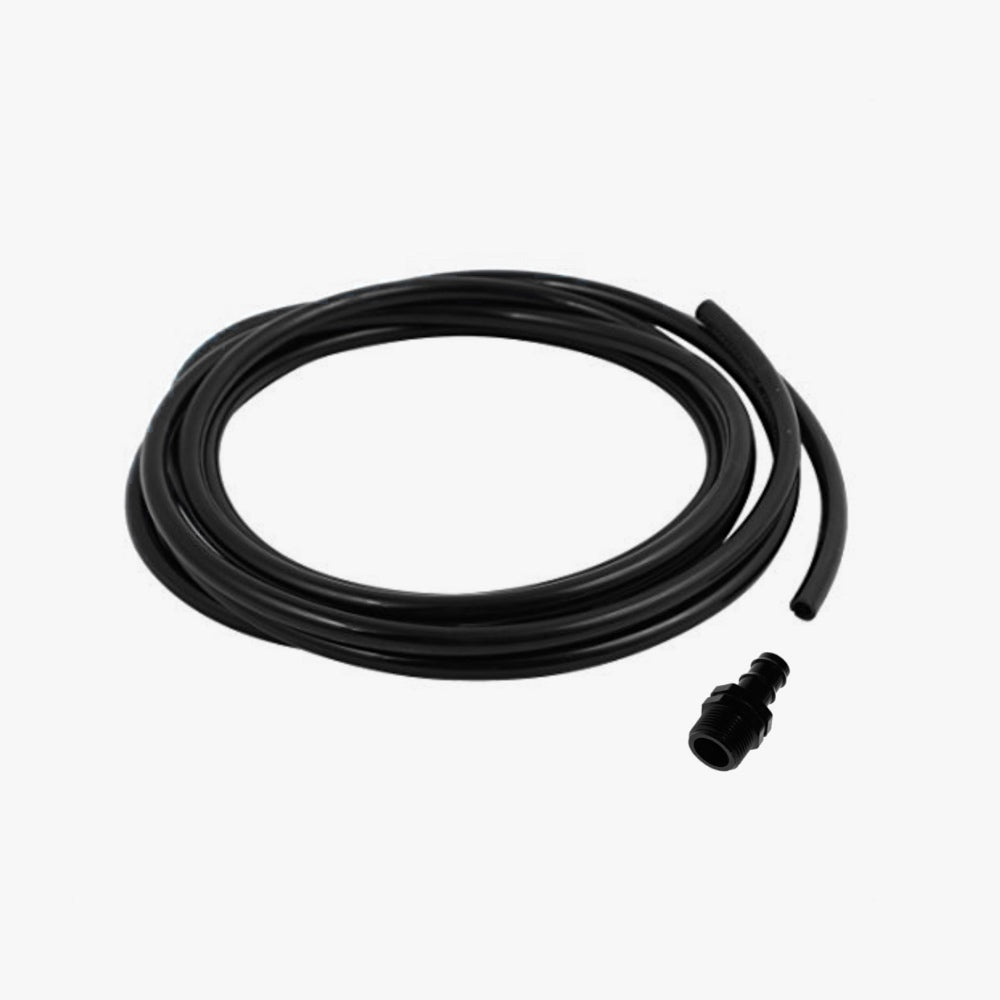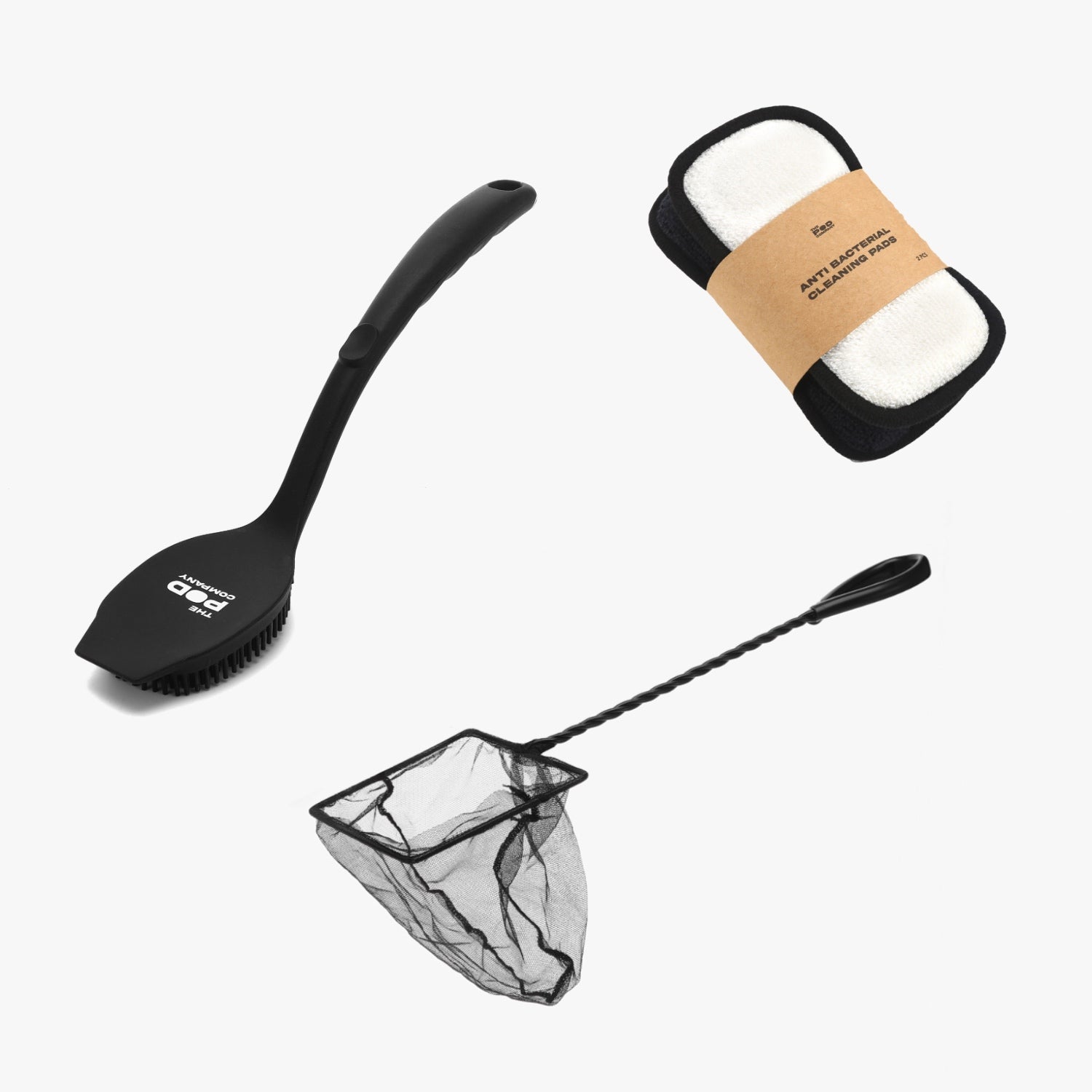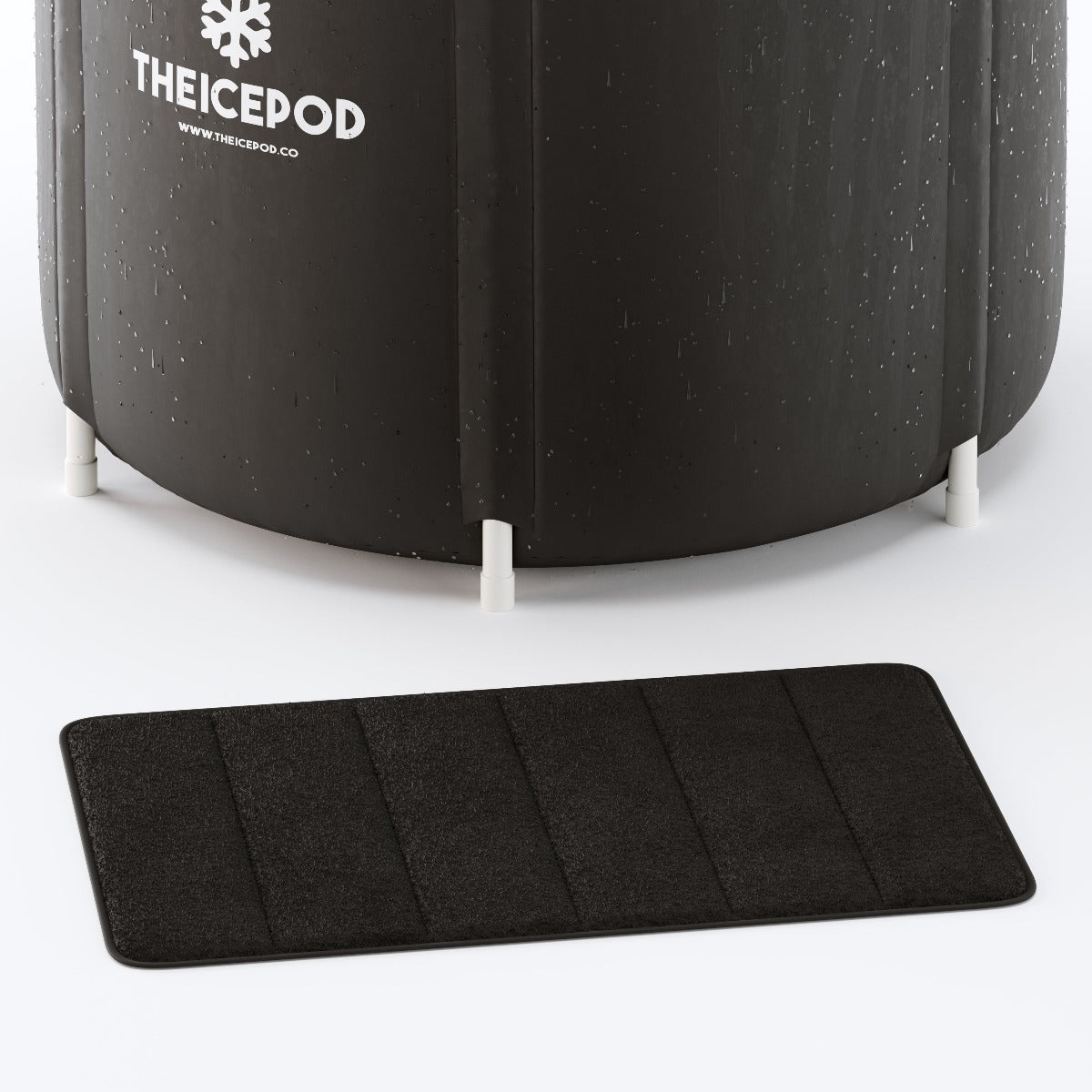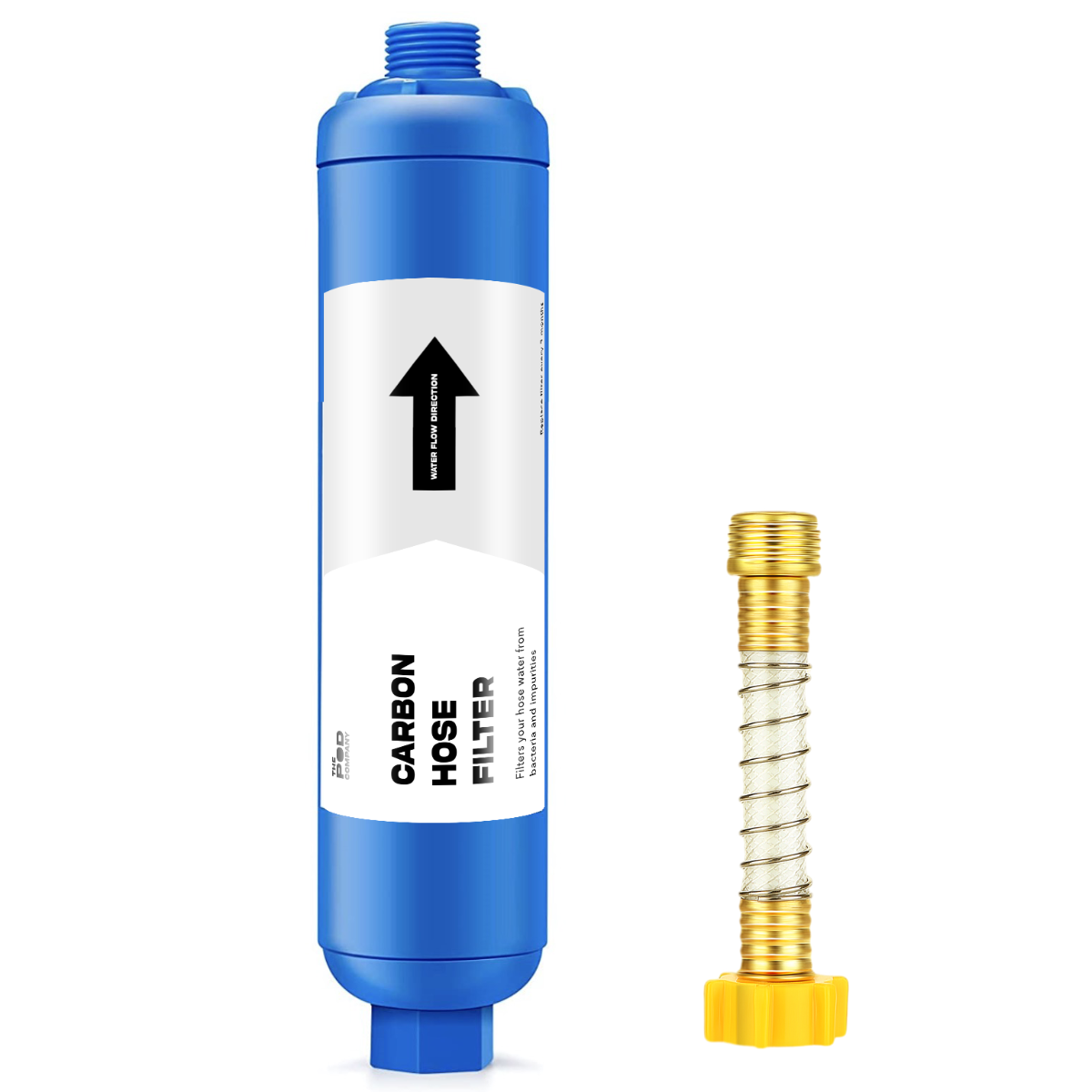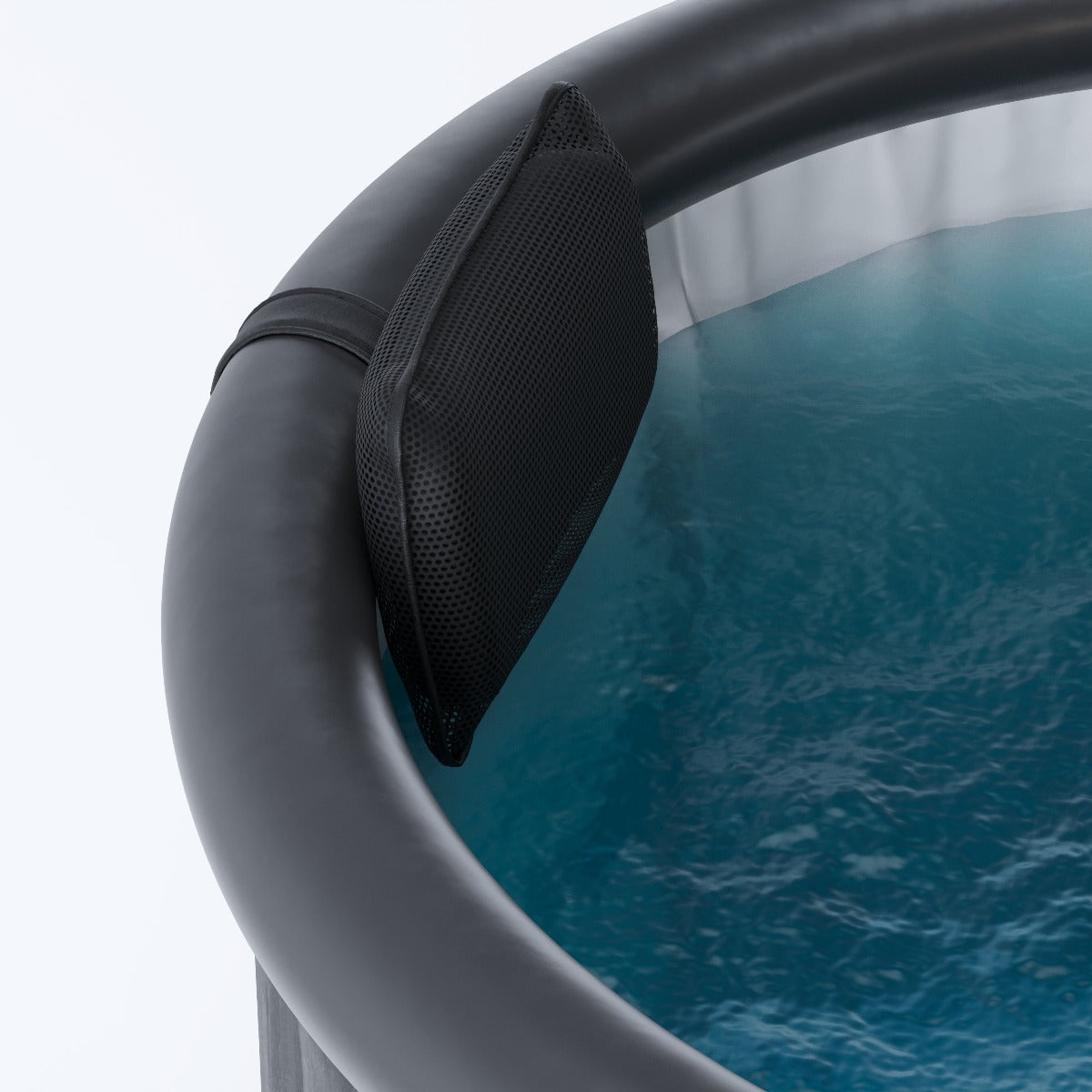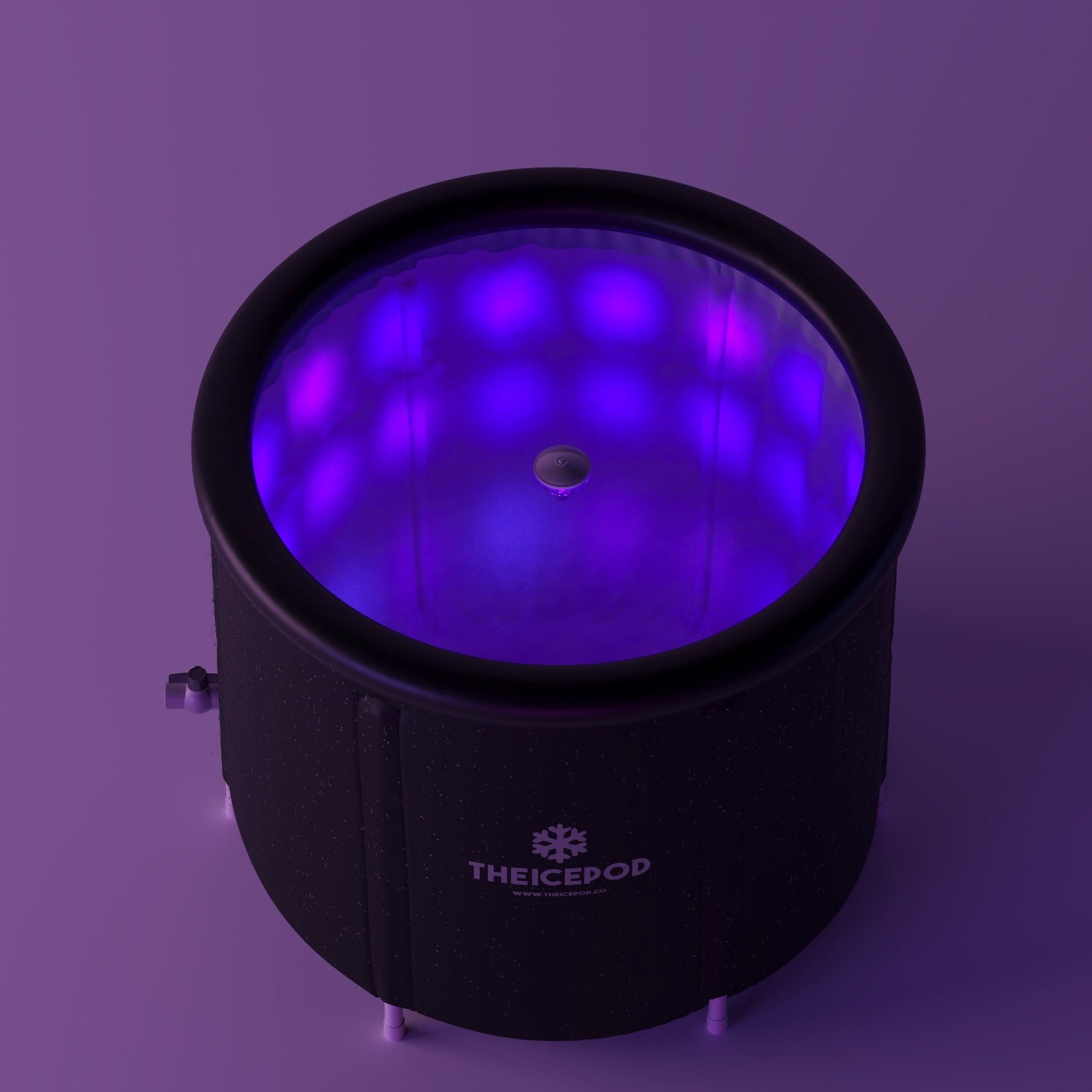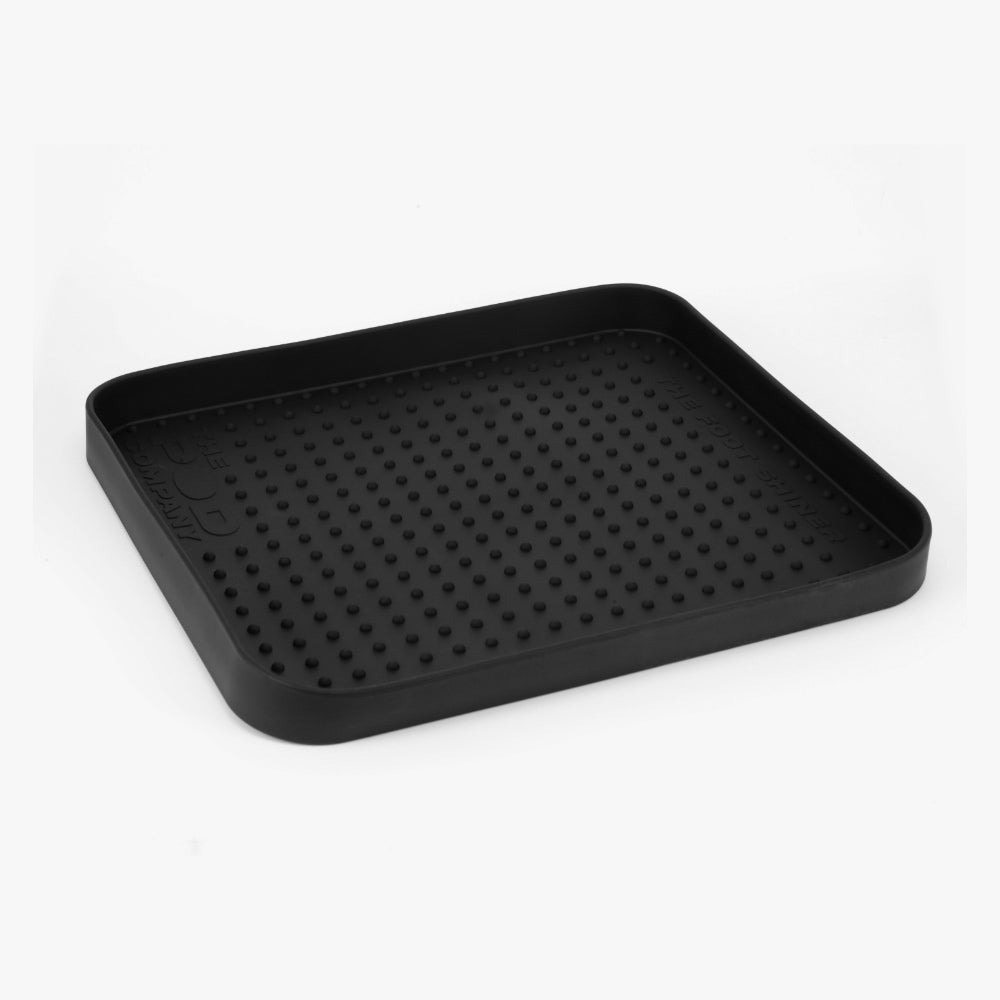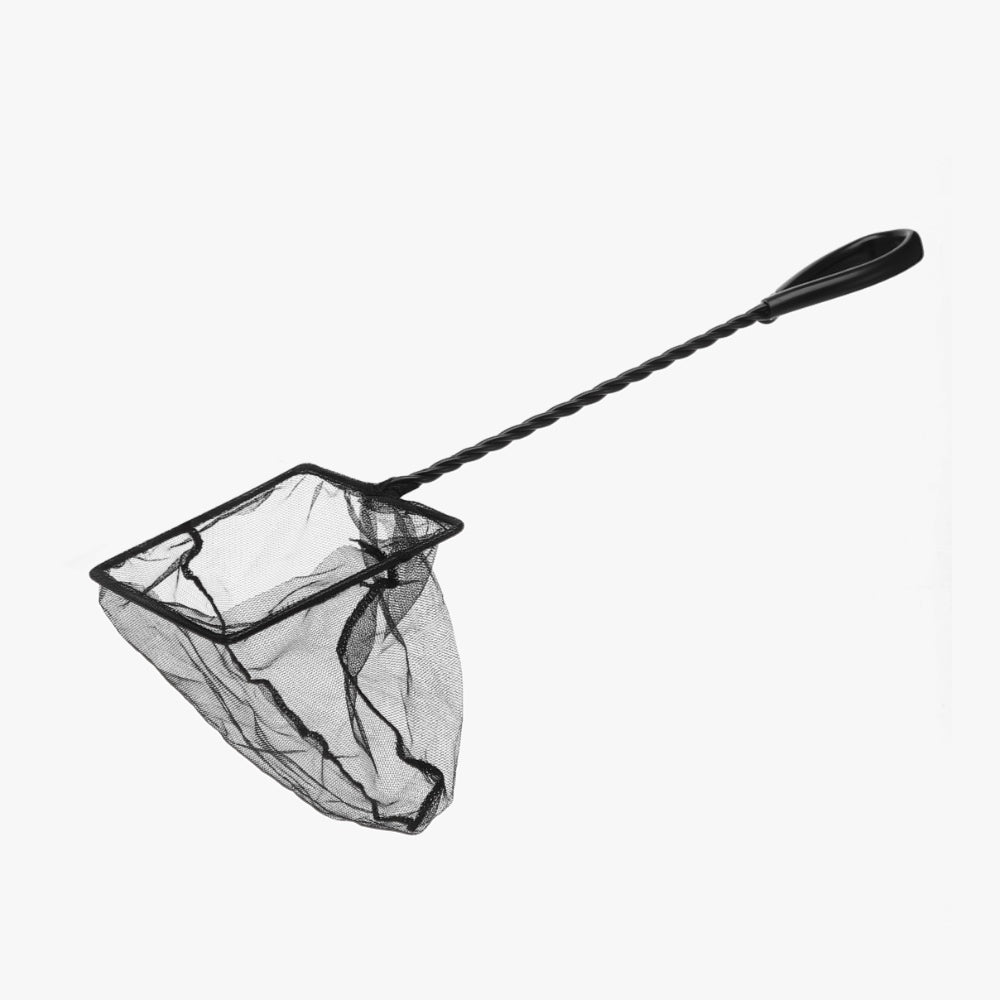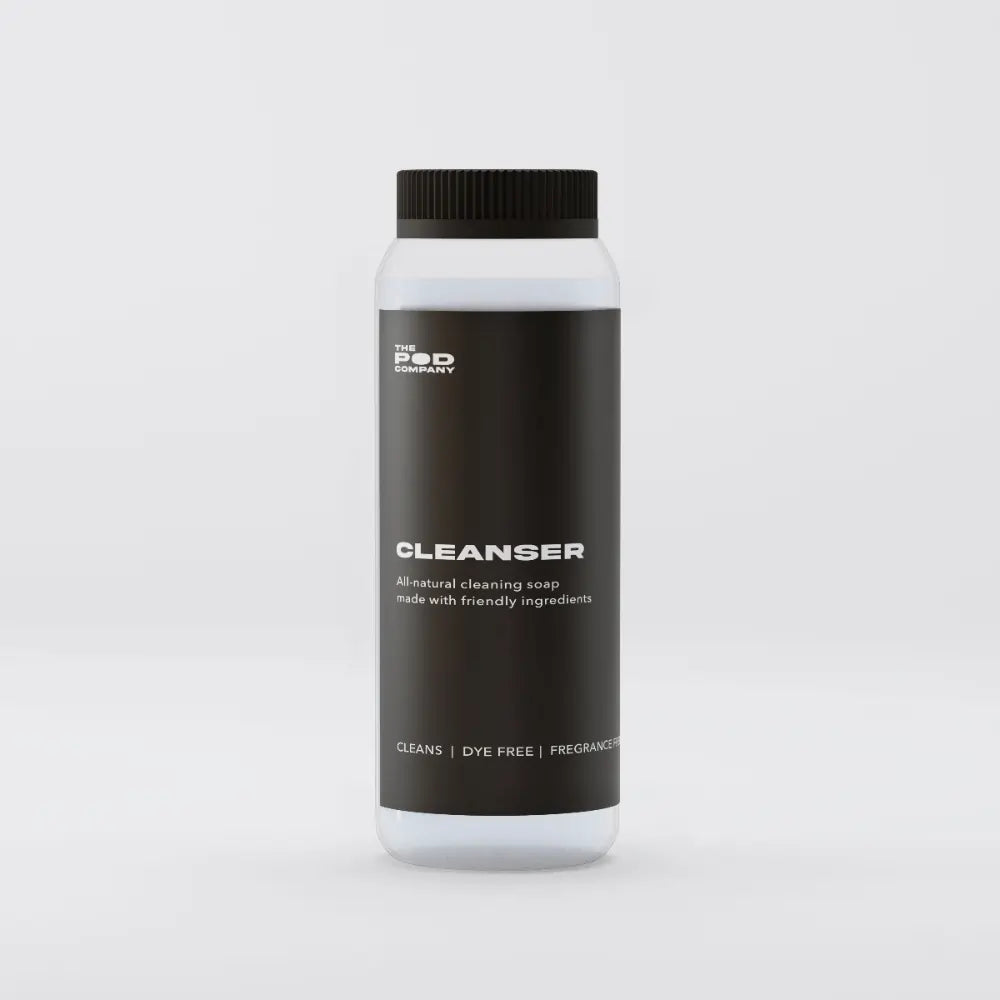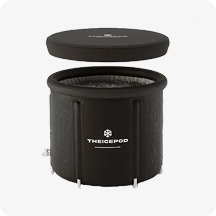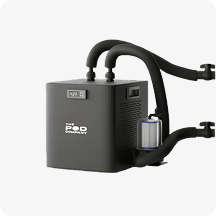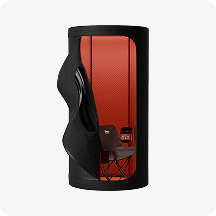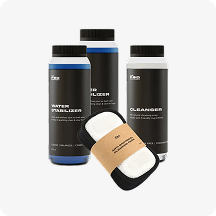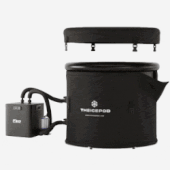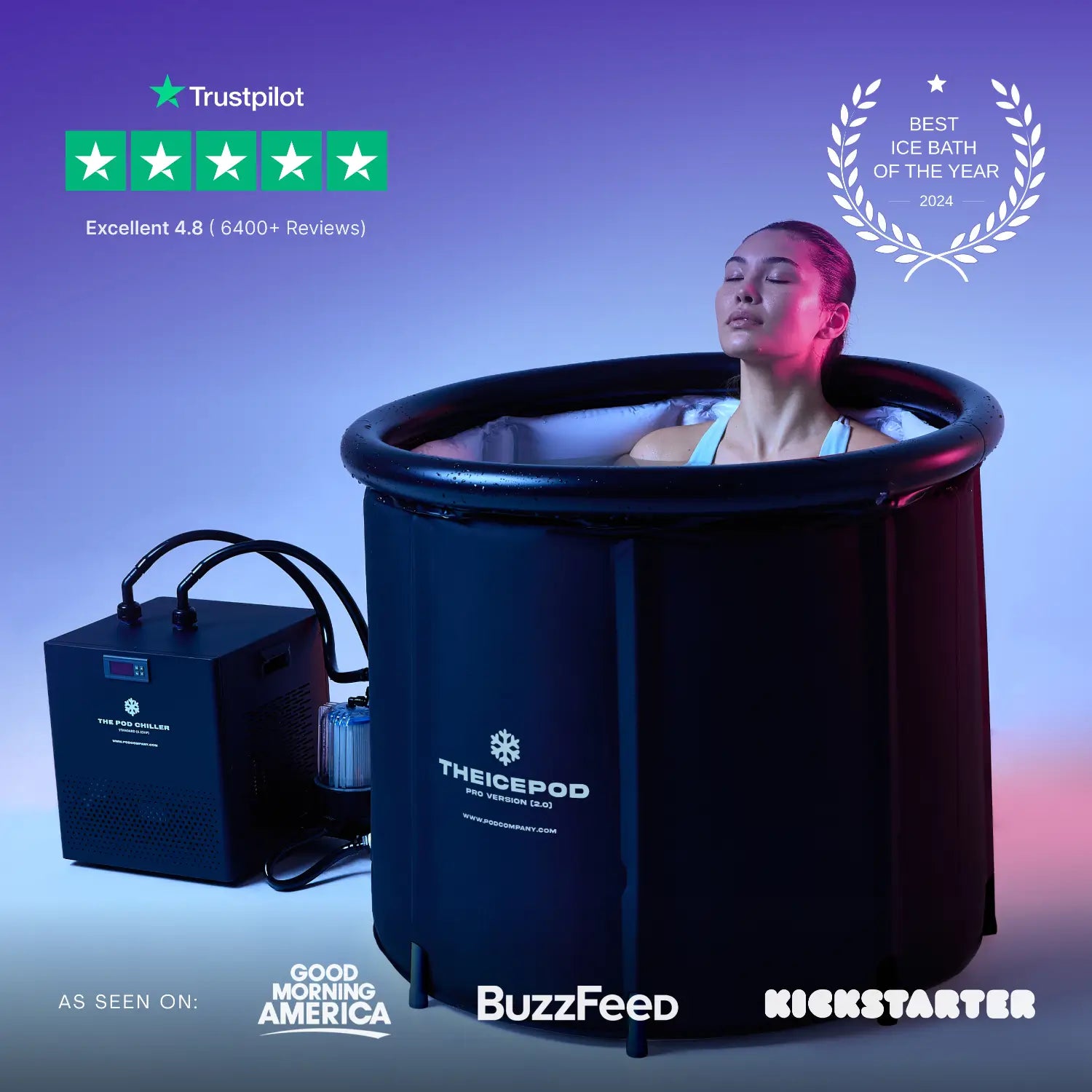Muscle soreness is a common experience, especially for those engaging in new or intense exercise routines. But is muscle soreness a good sign? Understanding the implications of muscle soreness can help you interpret your body’s signals and optimize your fitness regimen. This article provides an in-depth analysis of muscle soreness, its causes, benefits, and how to manage it effectively.
Understanding Muscle Soreness
Muscle soreness, often referred to as delayed onset muscle soreness (DOMS), occurs after performing activities that stress the muscles. This soreness typically begins within 12 to 24 hours after exercise, peaking around 24 to 72 hours, and can last up to five days.
What Causes Muscle Soreness?
Muscle soreness is primarily caused by microscopic damage to muscle fibers during strenuous or unfamiliar physical activity. This damage triggers an inflammatory response, leading to pain and stiffness as the muscles repair and strengthen.
Factors Contributing to Muscle Soreness:
- Eccentric Movements: Exercises that lengthen the muscle under tension, such as downhill running or lowering weights.
- Intensity and Duration: High-intensity or prolonged exercise sessions.
- Lack of Conditioning: Engaging in new or irregular activities without prior conditioning.
Is Muscle Soreness a Good Sign?
Muscle soreness can be a positive indicator of muscle adaptation and growth, but it's not the only measure of an effective workout. Here’s why:
- Indicator of Muscle Adaptation: Soreness indicates that your muscles are experiencing new or increased stress, which is necessary for growth and strengthening. The repair process following these micro-damages results in stronger, more resilient muscles.
- Variety in Exercise: Soreness often occurs when you introduce new exercises or increase intensity. This variety challenges your muscles in different ways, promoting overall fitness.
- Progress Tracking: For beginners, soreness can be a useful measure of progress, showing that their muscles are adapting to new stresses.
When Soreness Might Not Be Good
While some muscle soreness is normal, excessive or persistent soreness can be a sign of overtraining or improper technique. Here are scenarios where soreness may not be beneficial:
- Overtraining: Consistent severe soreness without adequate rest can lead to overtraining syndrome, which negatively affects performance and increases the risk of injury.
- Injury Indication: Sharp or severe pain, particularly in joints, may indicate an injury rather than normal muscle soreness.
- Lack of Recovery: If soreness persists beyond a week or is accompanied by severe swelling, it may indicate an underlying issue that requires medical attention.
Managing Muscle Soreness
Effective management of muscle soreness can enhance recovery and ensure you stay on track with your fitness goals. Here are some strategies:
- Active Recovery: Engage in light activities such as walking, yoga, or gentle stretching to promote blood flow and reduce soreness.
- Hydration and Nutrition: Stay hydrated and consume a diet rich in proteins and antioxidants to aid muscle repair.
- Rest and Sleep: Ensure adequate rest and quality sleep to facilitate muscle recovery.
- Cold Therapy: Using ice baths or products like The Pod Company’s Ice Pods can help reduce inflammation and accelerate recovery.
- Massage and Foam Rolling: These techniques can help alleviate muscle tightness and improve circulation.
Conclusion
Muscle soreness is generally a good sign, indicating that your muscles are adapting and growing stronger in response to new or intensified exercise. However, it's important to distinguish between normal soreness and signs of overtraining or injury. By managing muscle soreness effectively, you can optimize your fitness routine and achieve better results. Remember to listen to your body and give it the care it needs to recover and perform at its best.
Using tools like The Pod Company’s Ice Pods can provide effective relief and support your recovery process, helping you get back to your workouts faster and stronger.



